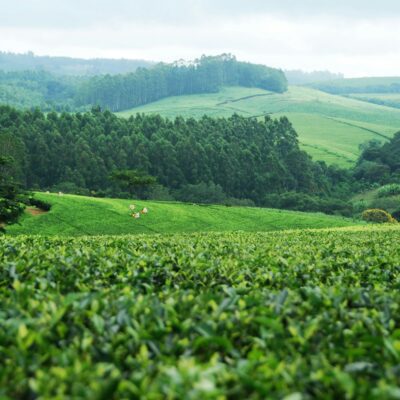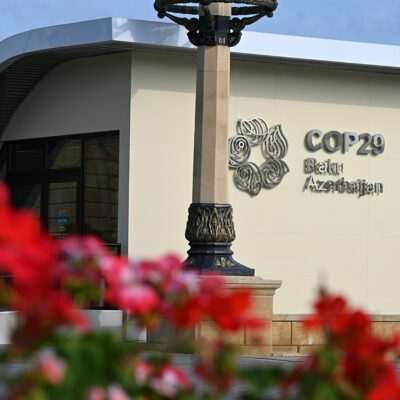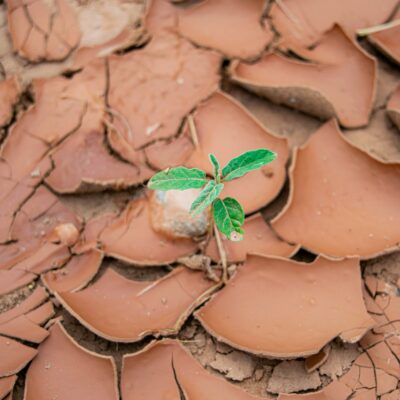 Photo: Janusz Maniak / Unsplash
Photo: Janusz Maniak / Unsplash
“The increasing demand of minerals, oil, and agricultural goods have severe negative social and environmental impacts. The extraction of resources leads to land dispossession of small-scale farmers and indigenous communities. It also generates social and political conflicts at the local level. For decades large scale agri-food production and mineral extraction have caused severe social and environmental impacts such as displacement of indigenous peoples, violence, as well as deforestation, forest degradation and biodiversity loss.”
“In a new research project, LUCSUS researcher Barbara Schröter and Torsten Krause are studying how these policy initiatives can contribute to more sustainable value chains. The project centers around six different commodity chains originating in the biodiversity-rich countries Brazil, Colombia and Indonesia,The focus is on small-scale producers, workers, corporations and governments and their possibilities to mobilize resources and influence sustainable production, consumption and procurement.
The project aims to identify how policies put in place by the European Union can contribute to improve the value chains in terms of their social and environmental impacts. As well as increase the understanding of how to effectively address ecological challenges while ensuring local communities’ capacities to adapt, influence and redirect policy in salient ways.
– All global value chains start in a local territory, some of these in remote areas on the other side of the planet. A lot of the products we consume here in Europe may have impacts on the environment, such as the deforestation of the Amazon, but as well on people’s life there, their income and personal security says Barbara Schröter.”
This article was first published by LUCSUS. Read the full article here.










